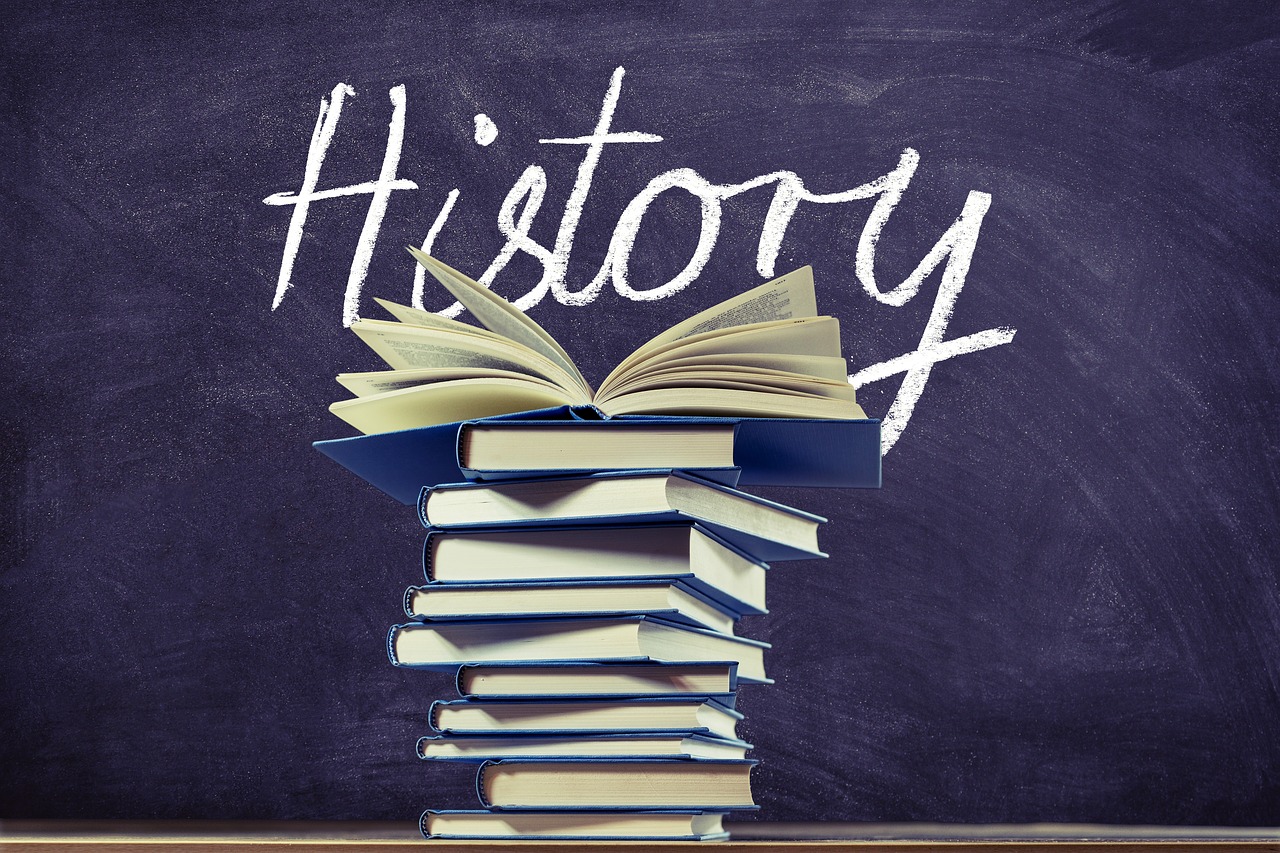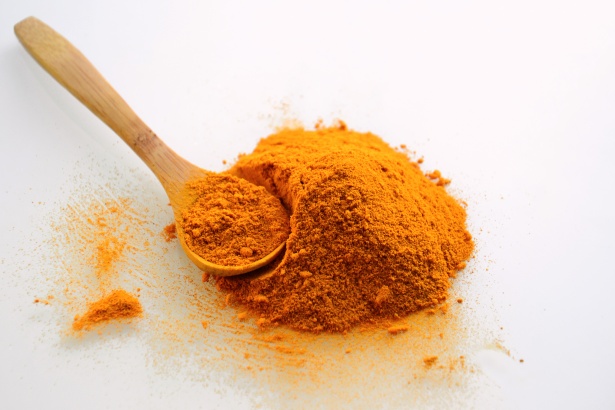Counsel & Heal Buzz
7 Forgotten Heroes Who Deeply Impacted American History

(Photo : 7 Forgotten Heroes Who Deeply Impacted American History)
Martin Luther King Jr. Abraham Lincoln. Neil Armstrong. These are American heroes that have famously impacted our lives. The one who had a dream, the one who wanted freedom for all, and the one that took one giant leap for mankind. What about the educators, warriors, and change-makers who evolved, progressed, and converted our freedoms and justice? Many unsung heroes deeply impacted American history.
Students often forget names of American heroes taught in history classes and often confuse timelines. That's because history, as a subject, requires the memorization of dates and events. If you are a student struggling with history, it's best you supplement your study with an online history course. Most online tutors and courses use animation and visualization to help you retain. There are even services that can provide history homework help and explain topics and historical events when you are away from school.
In a bid to jog your memory, here are 7 heroes from American history who are not that well-known.
Educators
1. Anne Sullivan
Born Johanna Manfield Sullivan in 1866, Anne is an American educator who is famous for her life-time instructor and companionship for Helen Keller. After graduating valedictorian at The Perkins School for the Blind with a "Duty bids us go forth into active life...cheerfully, hopefully, and earnestly", she was sent to educate a seven-year-old blind and deaf Helen Keller. Through her passion and flexible teaching style, she accomplished teaching this disabled young child 575 new vocabulary words, mathematics, and the Braille system within six months of strict instruction. Because of her educational progressivism, she was awarded multiple university fellowships, inducted into the National Women's Hall of Fame, and was the main character in William Gibson's television show, feature film, and Broadway drama The Miracle Worker.
2. Horace Mann
Horace Mann is known as a Massachusetts lawyer, Congressman, Senator, and most importantly, "The Father of American Education". Mann was an education reformer furthering the training of teachers and bettering the universal public education system. His leadership in overhauling then evolving the public education system advanced and benefited mankind. On a visit to Europe, he admired the German and Prussian established but controversial educational principles focusing on quality, professional (mostly female) educators and a "normal", public school system that is maintained by a free society.
Warriors
3. James Armistead
James Armistead plays an unlikely part in the beloved Broadway musical Hamilton. He was an African American slave-turned-spy during the American Revolutionary War. He reported to Marquis de Lafayette and Lord Charles Cornwallis about the actions of the British and especially Benedict Arnold while feeding false information to the British. His service to the United States Continental Army prepared them for the American success of the Battle of Yorktown. African American slaves could substitute their army service for their liberty, however, he was an American spy, not a soldier. On January 7, 1787, he was emancipated with General Lafayette's testimonial due to his abhorrence of slavery. James added Lafayette to his name.
4. "The Heroes of United Flight 93"
On September 11, 2001, al-Qaeda terrorists hijacked four American aircrafts, including the United Airlines Flight 93. After three aircraft crashed into the World Trade Center and the Pentagon, Flight 93 was hijacked and rerouted to crash into the United States Capitol Building. Mark Bingham, Jeremy Glick, Tom Burnett, and Todd Beamer were four of the passengers who ensured that United Airlines Flight 93 was the only hijacked aircraft to not hit its intended target on September 11th. Their passenger revolt led to the plane crash in an empty field in Stonycreek, Pennsylvania. Todd Beamer's last words "Let's roll!" became a national catchphrase. Paul Greengrass filmed the 2006 Academy award-nominated film United 93. Vice President Dick Cheney memorialized 40 heroic passengers with the statement: "I think an act of heroism just took place on that plane."
5. Sybil (Sibbell) Ludington
Celebrated as the heroine of the American Revolutionary War, 16-year-old Sybil Ludington rode her horse Star for 40 miles to alert militia from Putnam County, New York to Danbury, Connecticut on the night of April 26, 1777. Her ride came two years after Paul Revere's and was almost twice as much as his ride to warn American militia. She is honored by memorial statues, books, and the U.S. Bicentennial Stamp in 1975.
Change-Makers
6. Maria W. Stewart
In the 19th century, Maria Stewart was the first American-born woman to publicly lecture to mixed audiences. After her husband's death as a British P.O.W., death of her inspiration, abolitionist David Walker, and when white executors of her husband's will stole her inheritance, she was convinced that she must be a "warrior for God and freedom." She became active in progressive circles, a major influencer in The New England Anti-Slavery Society, an activist who openly opposed racism and sexism through her lectures, and a writer of reformist articles in The Liberator. Her work would inspire future women political influencers, such as Susan B. Anthony.
7. Patsy Mink
Patsy T. Mink was the first woman of color and Asian descent in Congress. Before winning the seat, this third-generation Japanese American experienced opposition throughout her life but achieved so much. She was valedictorian at her high school and then was rejected by 12 medical schools. She attended the University of Chicago Law School but was not able to take the bar examination. Even after she won her case to take the bar examination, no one would employ her in the public or private sectors.
She opened a law practice, won Hawaiian territorial congresswoman and territorial senator, and then won a seat in the U.S. House of Representatives for 12 terms, as the first woman of color, first Asian-American, and first Hawaiian Congresswoman. As a politician, she fought against sexist statutes, segregation policies, discriminatory customs against women opposing the Supreme Court. For the rest of her life whether as a politician, lawyer, or citizen, Patsy Mink always fought for the rights of women, children, immigrants, and minorities.
* This is a contributed article and this content does not necessarily represent the views of counselheal.com









Join the Conversation